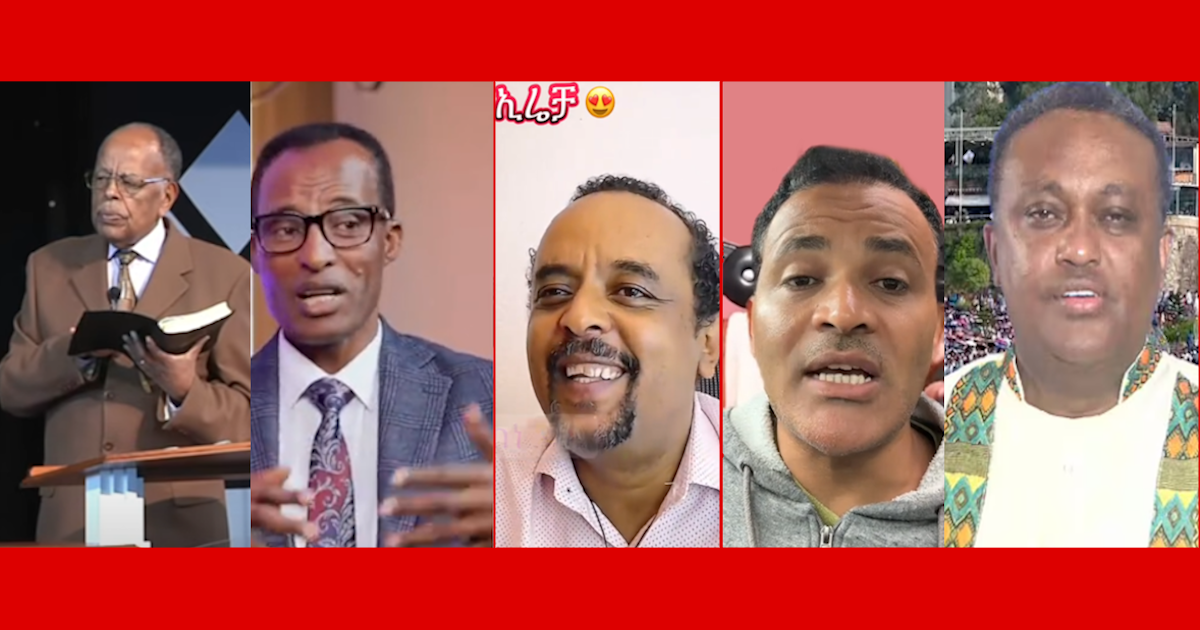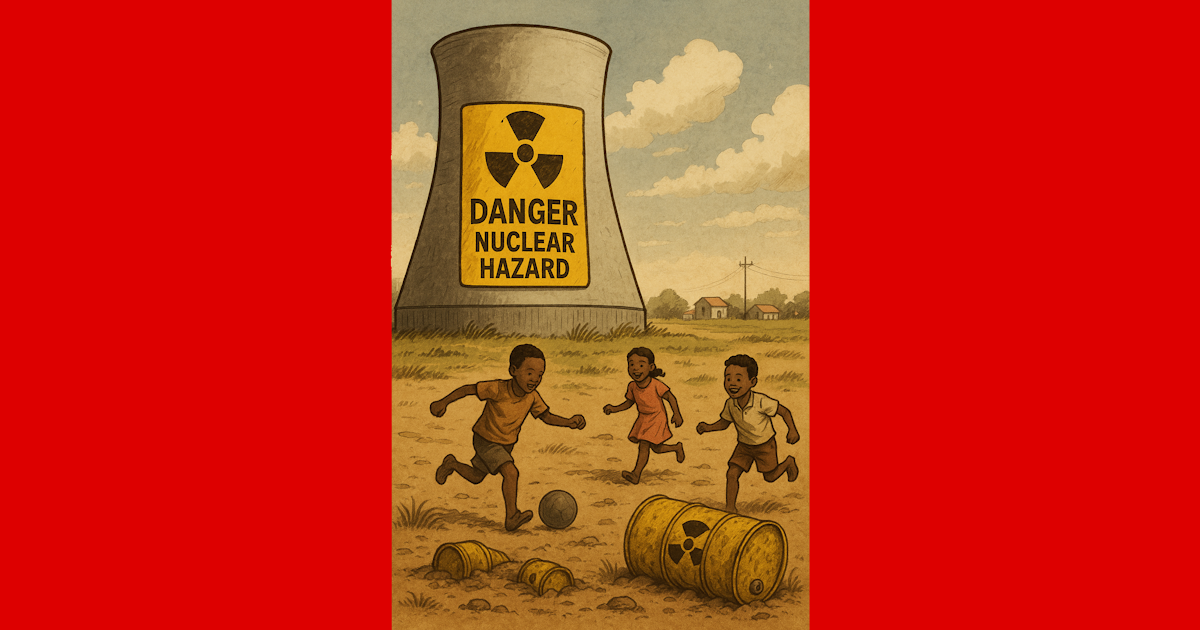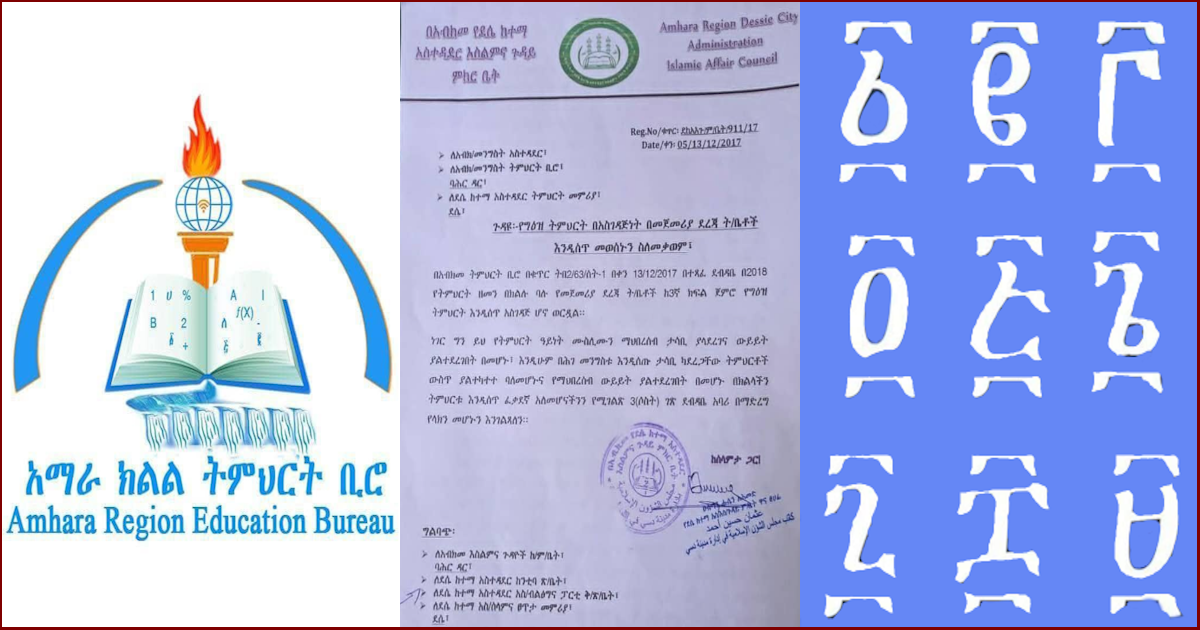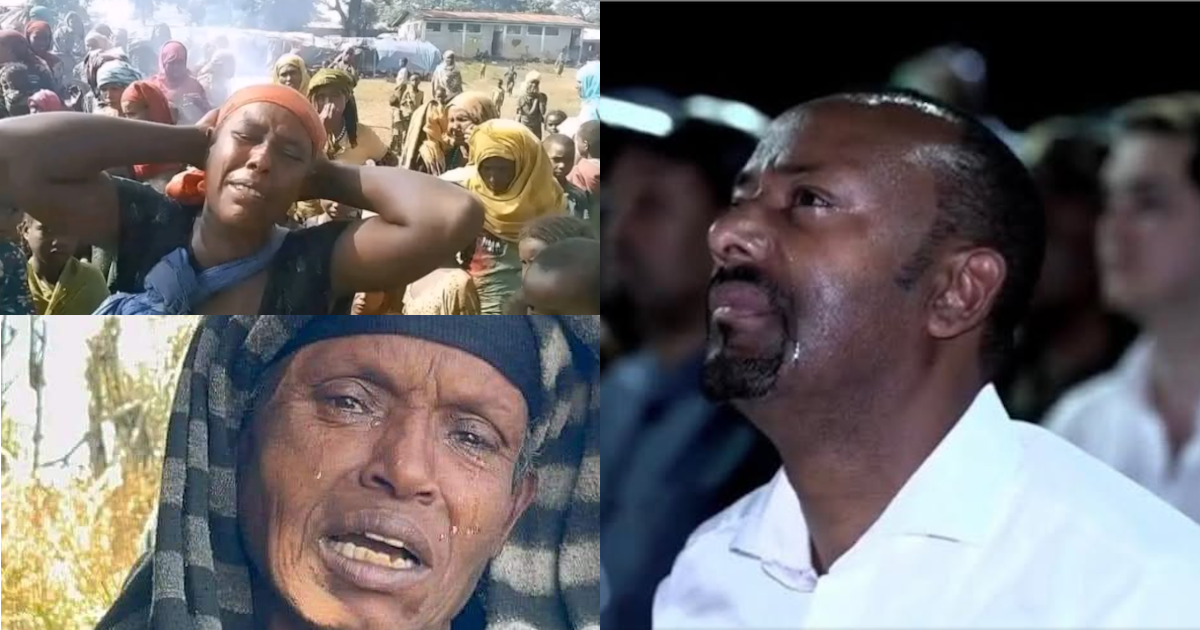Much Ado About Irreechaa in Finfinnee: Roots, Identity, and the Future of Coexistence
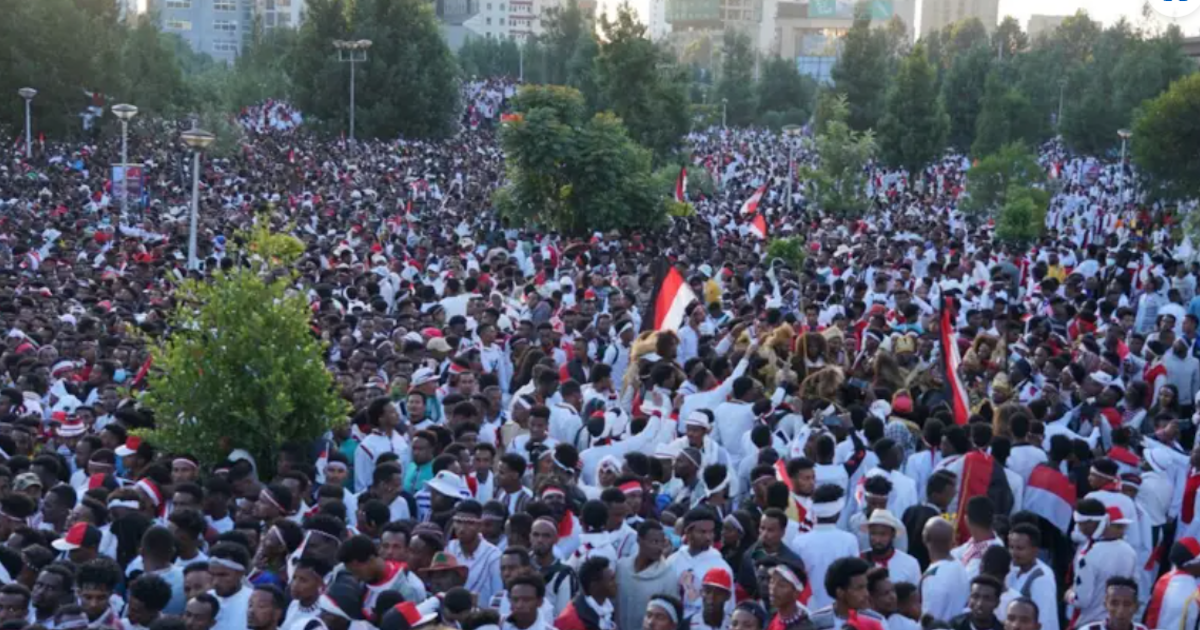
Excerpt
The festival of Irreechaa in Finfinnee is not an invasion but a return to roots. It embodies the Oromo people’s right to celebrate their culture in their own capital. Ethiopia’s unity will endure only if built on equality and mutual respect, not cultural supremacy or denial of history.
From Commentary to Op-Ed
After reading an editorial on OROMIA TODAY entitled “Much Ado About Irreechaa…” [1], I was prompted to share my own reflections to strengthen the point. My initial response began as a comment, but as it developed into a broader reflection on culture, politics, and belonging, the editor encouraged me to present it as an op-ed. I am grateful for this opportunity. With permission, I have also adopted a related title to signal continuity with the earlier editorial.
Oromo Culture Under Fire
The flourishing of Oromo culture in the public sphere unsettles those who have long benefited from a monopoly over Ethiopia’s cultural and historical narrative. The backlash against the Irreechaa celebration in Finfinnee is not accidental. It stems from a supremacist ideology that still regards Oromo identity as something to be contained, minimized, or erased.
“Irreechaa is no foreign import. It is one of the oldest cultural traditions in the Horn of Africa, rooted in land, water, and spirit.”
This resistance reflects deep-seated anger and resentment. The very sight of Oromo youth, families, and elders gathering in their traditional attire to celebrate a festival of peace and thanksgiving threatens a worldview built on exclusivity.
Finfinnee: Whose City?
At the heart of the backlash lies the contested identity of Finfinnee (also known as Addis Ababa). To some, the city is imagined as a neutral “federal capital,” detached from the history and identity of the Oromo. Yet the reality is more complex and undeniable: Finfinnee sits squarely within Oromia. It is both the capital of the Ethiopian federation and the capital of Oromia [2].
“To portray Irreechaa in Finfinnee as an invasion is historically false and ethically dismissive.”
That duality matters. All residents, regardless of national background, deserve equal rights, mutual respect, and peaceful coexistence—so long as they have freely chosen to live together in a federation or confederation. This includes the right of the Oromo people to celebrate Irreechaa in Finfinnee.
Diversity as Strength
Ethiopia is a country of nations and nationalities, each with their own languages, customs, and worldviews. This diversity, if respected, is not a threat but a strength. Cultural festivals like Irreechaa, Timket, Masqal, or Eid al-Fitr enrich the collective identity of the Ethiopian federation.
Oromo culture in particular has already contributed immensely to the country’s global reputation. Just as Oromo athletes—alongside athletes from other communities—have brought pride to Ethiopia on the world stage, Oromo cultural celebrations should also be recognized as integral to Ethiopia’s shared heritage, at least for as long as the federal arrangement remains intact and meaningful.
Supremacy or Equality?
The choice facing Ethiopia is stark: either continue down the path of cultural supremacy or embrace a future grounded in equality and mutual recognition.
“Unity cannot be enforced through domination. It must be built on free will and mutual respect.”
The rights of all nations—Oromo, Amhara, Tigray, Sidama, Afar, and others—must be protected, from linguistic and cultural rights to socio-political and economic freedoms. Unity cannot be enforced through domination. It must be built on free will and mutual respect. If not, there are alternatives available, which any aggrieved nation or nationality will inevitably pursue.
A Simple Test of Fairness
Let us end with a simple analogy. Would it be acceptable for an Oromo living in Bahir Dar to dictate how Amhara culture should be celebrated there? Of course not. The same principle must apply to Finfinnee. The Oromo, in their own capital city, must have the right to celebrate their culture without vilification.
In the end, mutual respect is the only sustainable foundation for coexistence. Without it, the federation will fracture under the weight of its own contradictions. With it, Ethiopia can finally begin to embody the richness of its peoples, rather than suppress it.
HAPPY IRREECHAA TO ALL!
Selected References
- OT Editorial, Much Ado About Irreechaa: Psychology Behind the Criticism of Oromo Thanksgiving, 30 September 2025, OROMIA TODAY.
- Elemoo Qilxuu, The Unshakable Truth: Finfinnee is an Oromo City, 18 February 2025, OROMIA TODAY.

